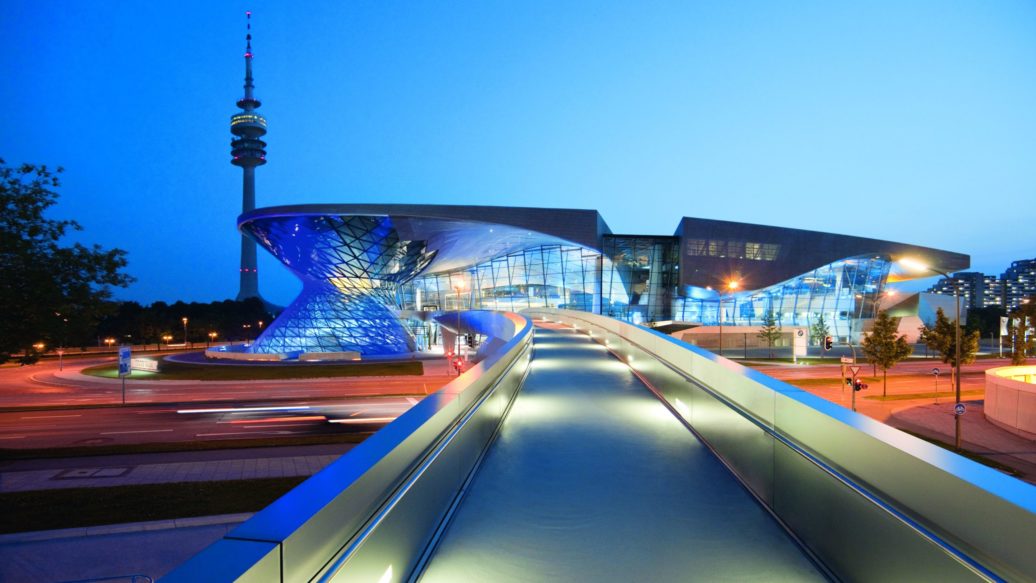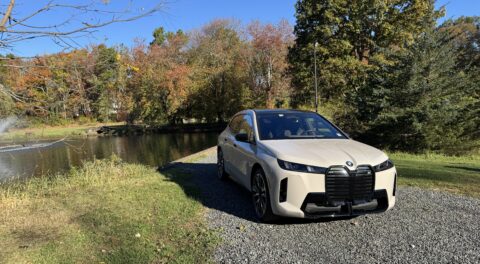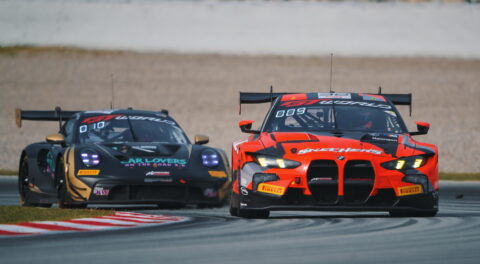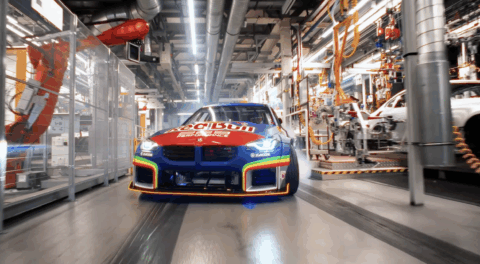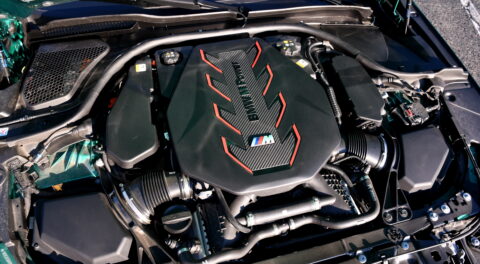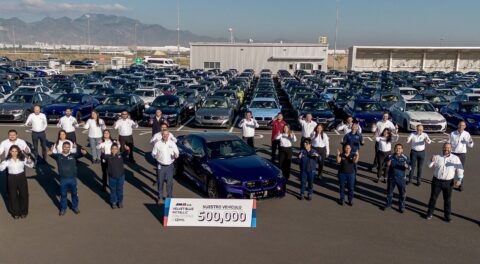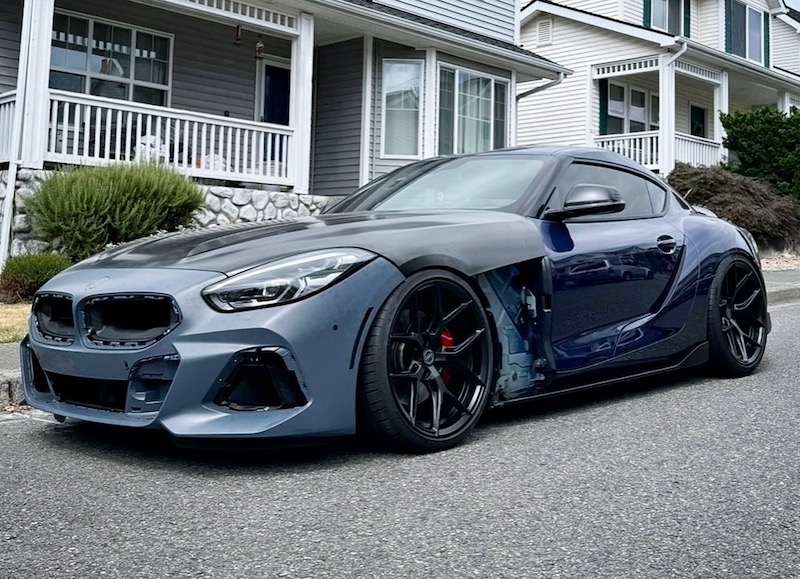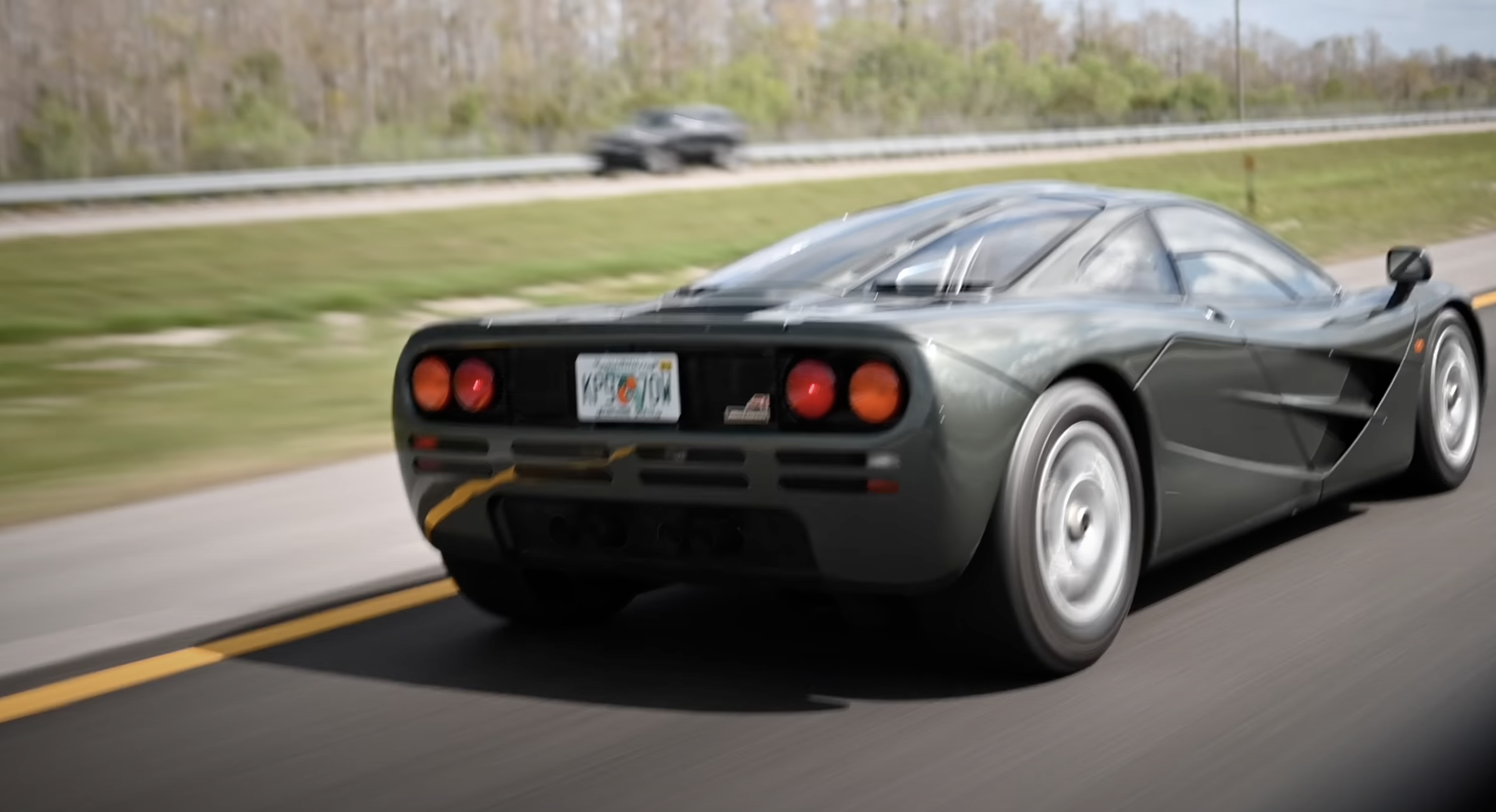S&P recently published the Dow Jones Sustainability Index for 2020, and the BMW Group took first place in the automobiles category. The index, which looks at Europe and the rest of the world, specifically examined and evaluated 39 companies in the automotive industry for 2020, and BMW earned 80 out of a possible 100 points, securing the top spot in its category. The Dow Jones sustainability index was initiated back in 1999, and BMW is the only automaker that has consistently ranked among industry leaders.
Although BMW has been in existence for over 100 years, and producing vehicles since the 1920s, sustainability is not a new concept for the storied automaker. Starting in the 1970s, some sort of electric vehicle concept—typically based on a model currently in series production, but not always—was released every decade, starting with the 1602 Elektro-Antrieb, and carrying on with electric versions of the E30, E36, and eventually the 1 Series before BMW introduced the i3 in 2013.
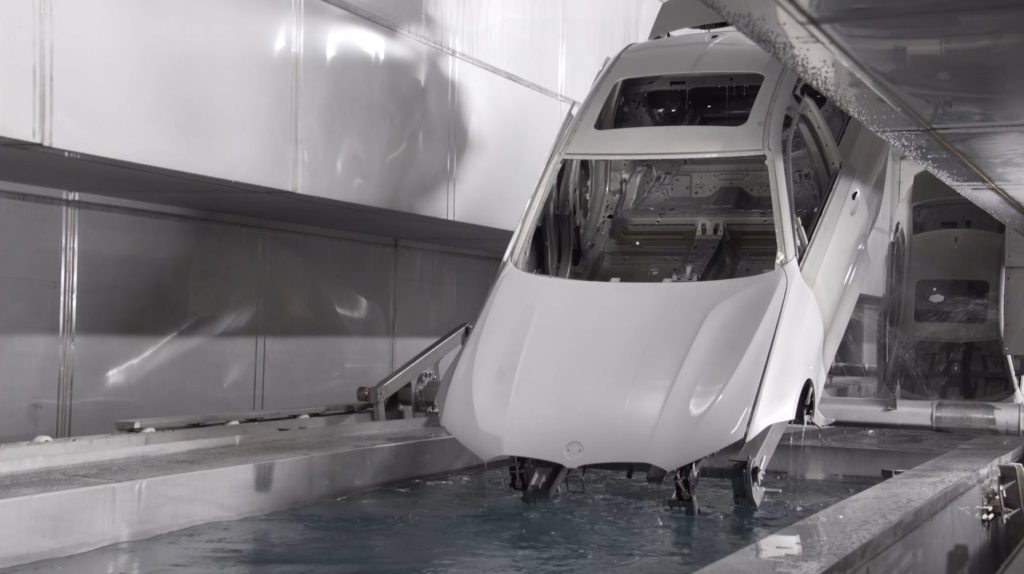
The environmental impact associated with producing, owning, and driving a BMW vehicle has also been steadily decreasing over the long term. From 1995 through 2019, the CO2 emissions of BMW vehicles sold in Europe has been cut by some 42%. On the same coin, energy consumption required to produce a single BMW has fallen 40% since 2006, while CO2 emissions related to the manufacturing process have been reduced by 70% over the same period. According to BMW, these figures have been achieved thanks to the implementation of high environmental and social standards built into supply chain management, a field in which BMW is considered a leader. By 2030, it is predicted that BMW CO2 emissions from production will be less than 10% of what they were in 2006, which includes a further 80% reduction from 2019 levels.
Examples of championing sustainability in the manufacturing process include the reconditioning and reuse of water in the vehicle painting process at BMW’s newest plant in Mexico, to the company’s commitment to using renewable energy to power much of its sprawling decentralized global production network. Data analytics, and AI play a role as well, with the paint process serving as an example here too. From 2020 forward, the BMW Group is committed to sourcing 100% green power, a process that is already well underway. Solar energy is used to power operations in the U.K., Mexico, and China, while BMW Group Plant Leipzig relies on wind, and Group Plant Rosslyn in South Africa on biogas.
The BMW Group shared a new strategic vision for sustainability back in July, which includes goals and targets significantly more ambitious than those outlined in the Paris Climate Accords. BMW is also the first automaker to set concrete CO2 targets for its supply chain, which extend all the way to global vehicle logistics. To illustrate just how big a picture BMW is looking at, the company is also researching the possibilities surrounding bidirectional charging of EVs.—Alex Tock
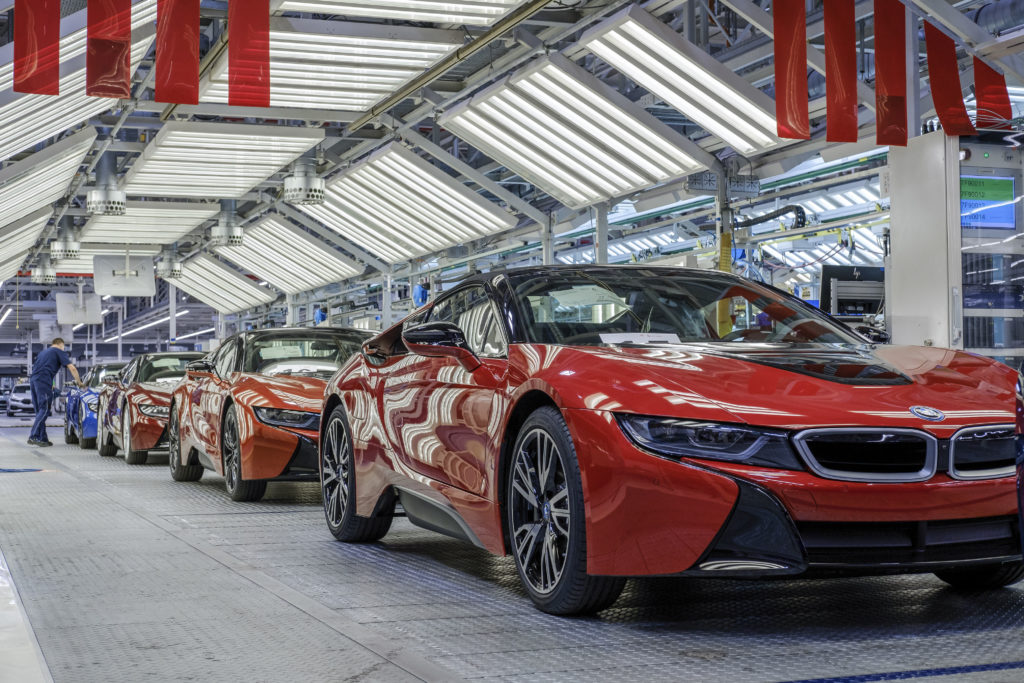
[Photos courtesy BMW AG.]

